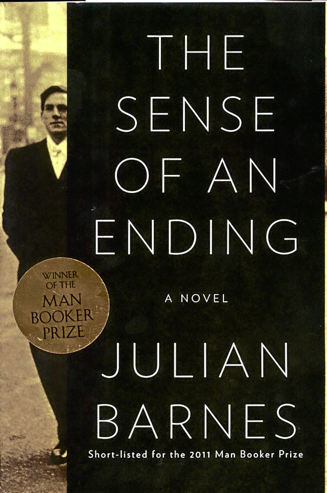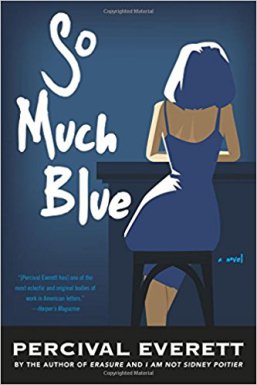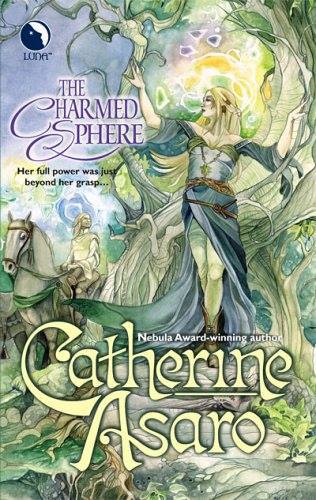
The Sense of An Ending, Julian Barnes’ eleventh novel and the winner of the 2011 Man Booker Prize, is written from the point of view of an elderly divorced man, Anthony ‘Tony’ Webster, who has become, throughout the course of reading this concise and extraordinarily personal short novel, one of my own favourite flawed characters. He acknowledges his own average pace, his own life as ordinary, and yet, through that very life, tells a story that would resonate with any reader who has, at one point or another, struggled with a foggy memory.
Memory is the central theme of this book, as Tony carries vivid memories of his school days with him, into adulthood, glories in them and bases much of his current attitudes on what he hoped for as a young man. Yet, as the reader sees unfold, he begins to understand that he was ignorant at times, he has regrets, and there are blind spots in his memory. As Tony sensibly sums up: “Who was it said that memory is what we thought we’d forgotten? And it ought to be obvious to us that time doesn’t act as a fixative, rather as a solvent” (Barnes, 2011, p. 63). This realization, for Tony, begins to form when he receives a letter informing him that the mother of his college girlfriend, Veronica, has recently passed and has left him a sum of money as well as a diary. Initially, Tony’s objective is to find and obtain this mysterious diary, which was written by Tony’s school friend, Adrian Finn, a genius young philosopher who committed suicide suddenly during college. However, as Tony attempts to recover the diary which was legally left to him, and as he collects more and more memories that he had long forgotten, particularly of his school days and of his relationships with both Veronica and Adrian, his objective becomes the truth – what happened to Adrian, really? Why should the diary be left to him? And why, so many years after Adrian’s suicide, is Veronica refusing to give that diary up?
This short novel is written in two parts, without chapters, only with short explanations, memories, and at times commentary written from the perspective of elderly Anthony on the failings and human manipulation of memory. The novel is split by frequent page breaks and includes one letter and several emails in the story, amongst Anthony’s narrations. This format makes for pleasant, easy reading. For me, this format made the novel seem all the more real. It did not feel as if it were strictly laid out, but rather as an organic piece of history recorded by an unreliable protagonist who is very well aware of his own unreliability. The language within the novel is not over complex yet is in no way simple or basic – unlike some of Barnes’ other novels, which I have found to employ a vocabulary that is, although brilliant, sometimes difficult to follow. In this novel, the sentences rarely drag and are full of the clear vocabulary of a well-educated man who writes as he would speak, conversationally and with honest realizations as he goes.
The Sense of An Ending, a refreshingly quiet, accomplished novel, wastes no words. It manages to leave the reader feeling simultaneously fulfilled and devastated and, true to its name, you’ll find that there really is only the sense of an ending. In finishing The Sense of An Ending, I have become convinced that the world would be a much, much better place if everybody read this book. The conclusion of this novel makes the reader wish they lived with more open eyes. The fact that the characters are every day and ordinary make Anthony’s words on lost love and faulty memories all the more relevant.
Favourite Quote:
“It strikes me that this may be one of the differences between youth and age: when we are young, we invent different futures for ourselves; when we are old, we invent different pasts for others” (Barnes, 2011, p. 80).
Reference:
Barnes, J. (2011). The Sense of An Ending. London, UK: Jonathan Cape.
Advertisements Share this:




